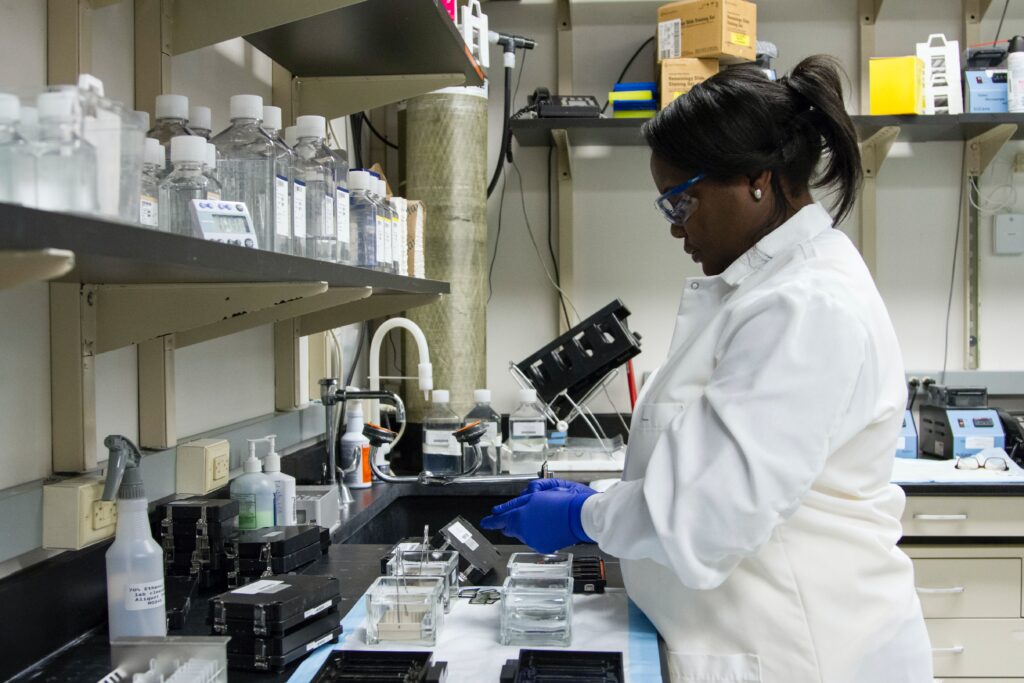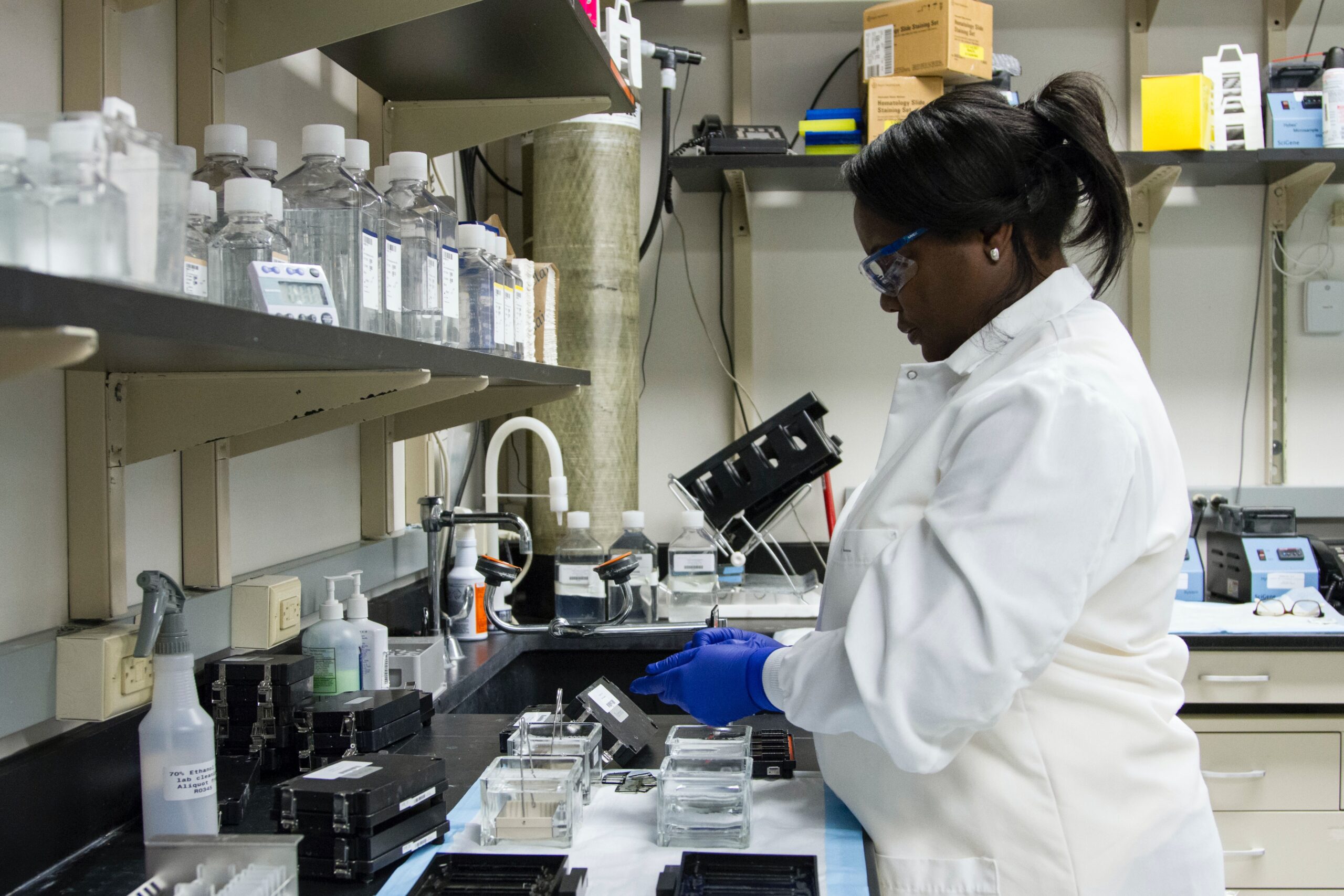Scientists have long grappled with understanding why people of African ancestry — Black Americans, Africans and West Indians — are disproportionately more likely to develop cancers compared to other populations, why those cancers tend to be more aggressive and how more effective treatment protocols can be developed.
Despite those unanswered questions, few research studies have investigated cancer risk, outcomes and disparities in people of African ancestry, creating a substantial knowledge gap.
The largest transcontinental collaborative research study of its kind was announced Thursday to help explore answers to these complex questions. The Fox Chase Cancer Center in Philadelphia and the Sylvester Comprehensive Cancer Center in Miami will collaborate with Pfizer’s Institute of Transnational Equitable Medicine to identify the genetic drivers of cancer disparities in African ancestry populations.
“People of African ancestry disproportionately develop aggressive, high-grade cancers, particularly in breast and prostate tissues, and the underlying driving factors are not well understood,” said Sophia H.L. George, associate director of Diversity, Equity, and Inclusion at Sylvester Comprehensive Cancer Center and co-leader of the African Caribbean Cancer Consortium Women’s Cancer Working Group.

The overarching goal of the study is to create a cancer genome registry of 1,200 women who have been diagnosed with breast cancer and 1,200 men living with prostate cancer to advance health equity and fill the knowledge gap through genomics, molecular epidemiology and social determinants of health.
More than 200 investigators, clinicians, nurses and research assistants will spend two years collecting data at research sites and an additional two years analyzing it, said Camille Ragin, co-leader and founder of the African Caribbean Cancer Consortium, an organization formed in 2006 to advance the study of viral, genetic, environmental and lifestyle risk factors for cancer in populations of African descent.
The study will leverage the African Caribbean Cancer Consortium’s global reach to recruit patients from ethnically, geographically and socioeconomically diverse subpopulations across the African diaspora, such as U.S. born and immigrant Black cancer patients living in the United States, moderate and low-income patients in the Caribbean islands, and patients from Western, Eastern and Southern nations in
Africa.
Included in the study are cancer patients from the Fox Chase Cancer Center, the Sylvester
Comprehensive Cancer Center, the University of Alabama, Augusta University along with Morgan State University. African Caribbean Cancer Consortium research sites include the Bahamas, Barbados, Benin, Burkina Faso, Haiti, Jamaica, Kenya, Namibia and the dual-island Caribbean nation, Trinidad and Tobago.
“The challenge here is trying to understand the contributors for this aggressive disease we tend to see in Black populations and how we treat these patients to improve their outcomes,” said Ragin, who also is the associate director of Diversity, Equity, and Inclusion at the Fox Chase Cancer Center in Philadelphia.
The team will work to overcome barriers that exist because for decades cancer research has largely excluded Black participants, she said. That means identifying the best treatments and drug therapies has been difficult because Black patients, generally, have not been participants in clinical trials.
“There may be opportunities here to identify new therapies for Black patients,” Ragin said. “And the only way we can do that is to do it in a large study that involves Black populations. That’s why the study was designed.”
Pfizer’s Institute of Translational Equitable Medicine was established to achieve health equity with similar objectives as the study, said Dr. Aida Habtezion, chief medical officer and Head of Worldwide Medical & Safety at Pfizer.
“We are thrilled to be collaborating with Fox Chase Cancer Center, Sylvester Comprehensive Cancer Center, and the African Caribbean Cancer Consortium to begin closing gaps in applying scientific knowledge to disparities in disease incidence, prevalence, and outcomes for African ancestry cancer patients,” Habtezion said.
The study, which took years to develop, wouldn’t have happened without the large, collective effort, Ragin said.
“We look at this project as a really big deal and it would not be possible without team science and collaborative work,” she said. “One person cannot drive this ship. It takes the entire team, and it takes the right team to work cohesively toward a goal. If the dynamics of the collaborative relationships weren’t in line, we wouldn’t have been able to accomplish this at all.”








